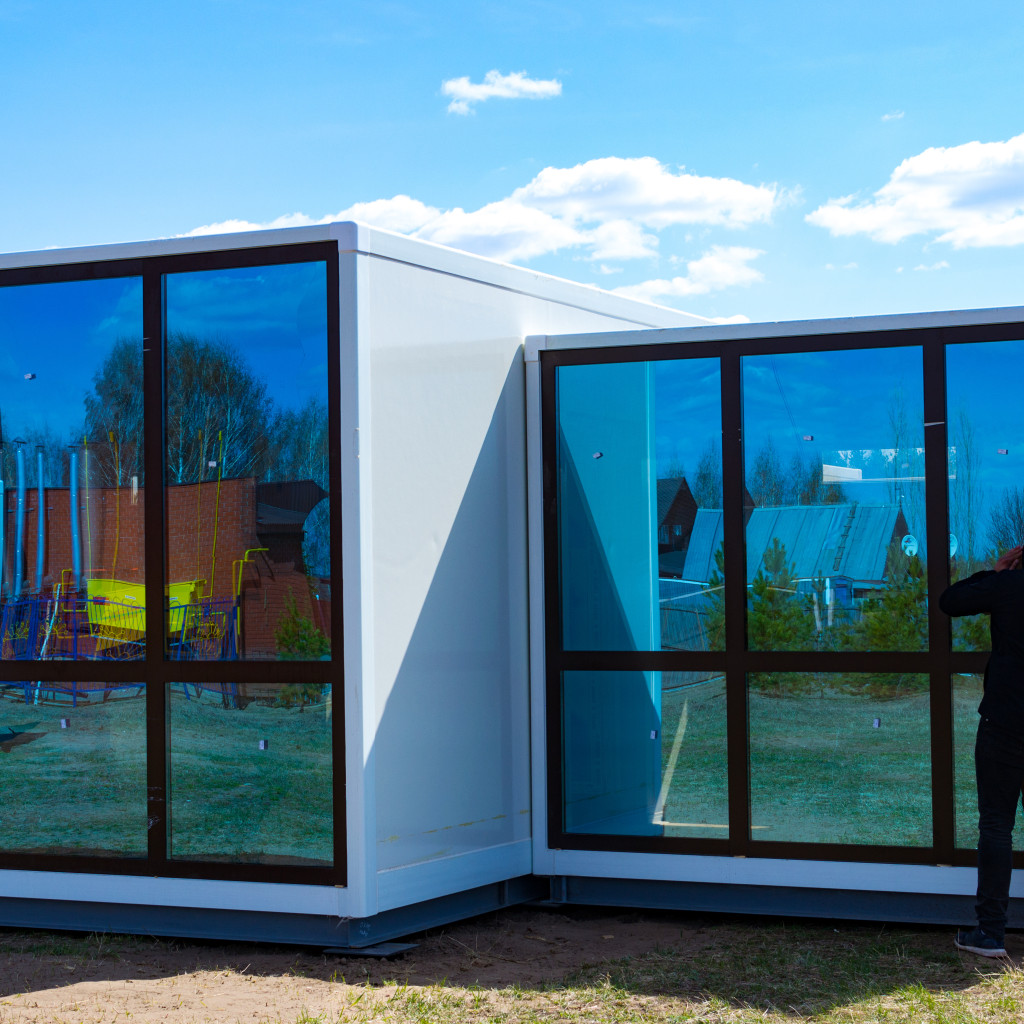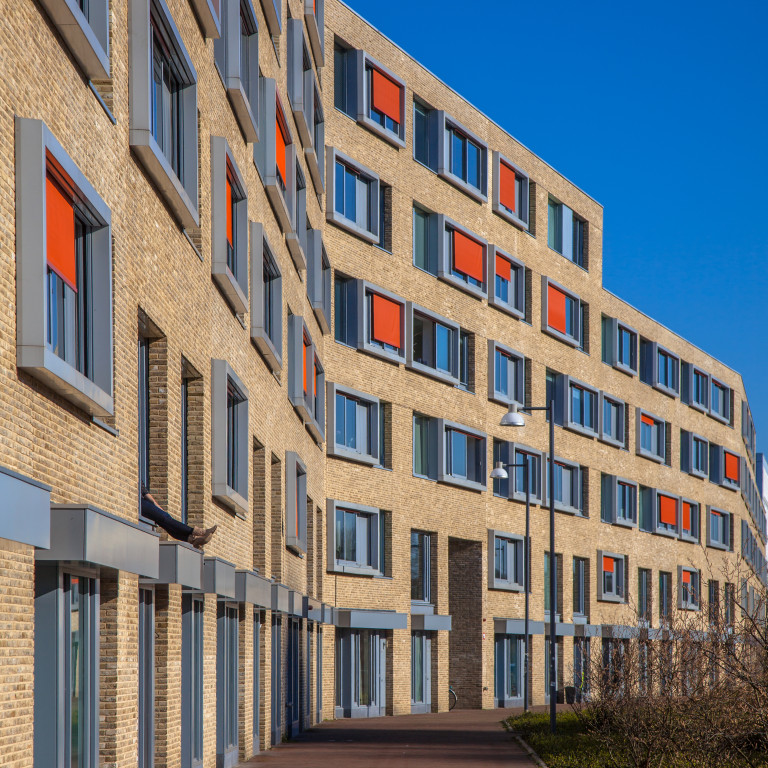With the housing crisis growing across the country industry experts are divided about which solutions are best suited to meet the demand. One potential solution is the implementation of modular housing.
What is modular housing?
This is where homes are built in ‘modules’ at factories off-site, and then transported to the site and assembled. They are placed on existing on-site foundations and their assembly involves clipping the modules together, connection to pre-existing services, and the practical completion of exterior and roof structures.
What is the advantage of modular housing?
The biggest advantage of modular housing is the speed at which they can be delivered and assembled. They are much quicker to construct than traditional houses and don’t face the same challenges, such as delays due to weather and a shortage of skilled workers, with some developers offering on-site completion in as little as two weeks. Cost efficiency is also a bonus, with the modules being assembled on a production line, which also helps with energy efficiency and a reduced carbon footprint.
What are the disadvantages of modular housing?
This may all sound like a no-brainer, but modular housing also has its drawbacks. Many housing providers have their own requirements and offerings, meaning that those modules made on the production line may not meet those requirements, causing more bespoke modules to be made.
There is also a misconception that modular homes lack the quality of traditional homes due to the “cheap” build cost. Modular homes require building control signoff but inspectors have to take extra precautions when signing off. The evolution and technology seem to be moving much faster than the regulation.
Are housing associations using modular housing?
Despite the challenges, there is growing interest in modular housing, with Berkeley Homes, which currently builds 4,000 homes a year, planning to create a factory in Kent where up to 1,000 houses and apartments will be produced annually.
Find out more
Our Affordable Housing team have over 25 years’ experience in this sector, forming close working relationships with their housing clients. To find out more about the areas they advise on and their bespoke services please visit their hub page or contact a member of the team.






